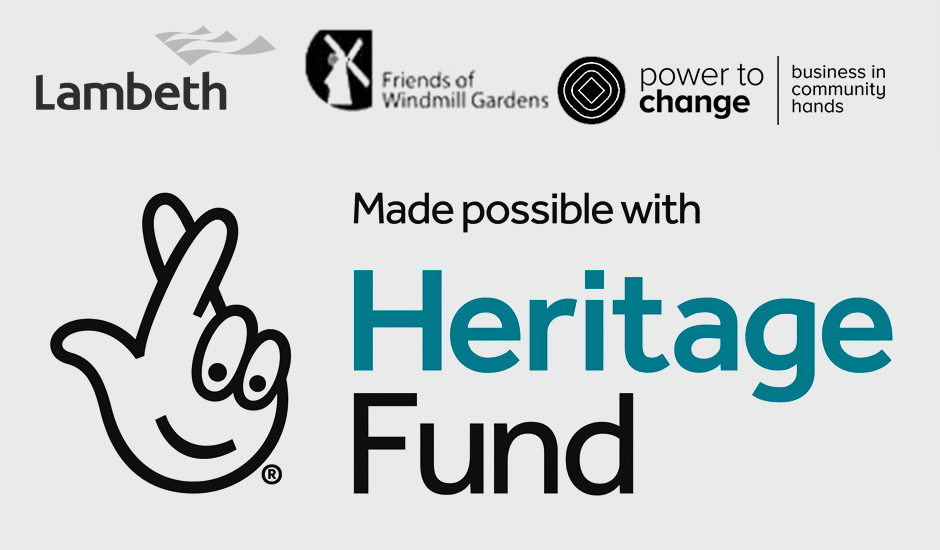
Quaker doll in plain dress
It wasn’t just their beliefs that set them apart. If you saw Quakers in the street you would think they looked very strange indeed.
In a major move in the history of fashion, these devout people wore what is called “plain dress”: practical, simple clothing made of fabrics such as calico and flannel (see the Quaker doll, right). Women’s clothing was loose-fitting; men’s coats were unstructured. Colours such as grey, brown, cream and pale green were used, with little or no ornamentation, buttons or jewellery. This was in direct contrast to the extravagant and showy fashions of the 18th century.
“Plain dress” was also in keeping with their principles of equality, peace, simplicity and truth – equality being perhaps the most important. Quakers were in the forefront of the movement for female equality.
But their views challenged the prevailing order and they made many enemies. Because they did not accept that one person was superior to another, they refused to take oaths and to take off their hats in front of a magistrate. They continued to hold public meetings, even when they were banned. Though this led to thousands being imprisoned, it also made them stronger and more self-reliant.
An active, focused and industrious people, they valued integrity in business transactions and in workplace dealings with individuals. They abhorred debt.
You will know names from the businesses they set up – though ownership has now changed: Fry and Cadbury (chocolatiers), Huntley and Palmers (biscuits), Rowntrees (sweets), Lloyds and Barclays (banks) and Clarks (shoes). They were brewers, corn and grain merchants, textile manufacturers, printers and publishers, tea and coffee dealers. They were scientists, industrialists, engineers, educators, reformers and philanthropists.
A tightknit group, Quakers supported each other when times were hard. Known for their honesty, they gained a reputation for paying their taxes promptly and for selling goods that were reasonably priced and ‘did what they said on the tin’. All this was unheard of at the time. People felt their money was safe in Quaker banks.
When, in 1816, John and Hannah Ashby and their children moved to Brixton from Sussex to work Brixton Mill, Quakers were in the forefront of campaigns for social justice and had earned a reputation for honesty. John came from a family of millers and he was “active in circulating Friend’s literature”. Subsequent generations of Ashbys remained committed Quakers.




